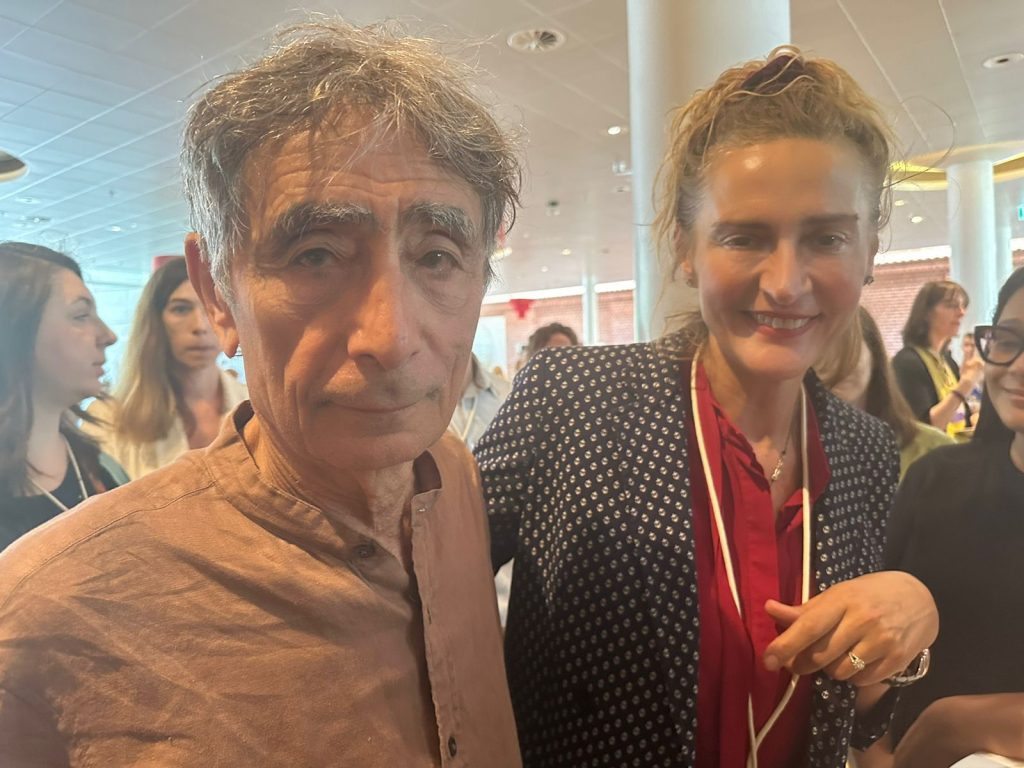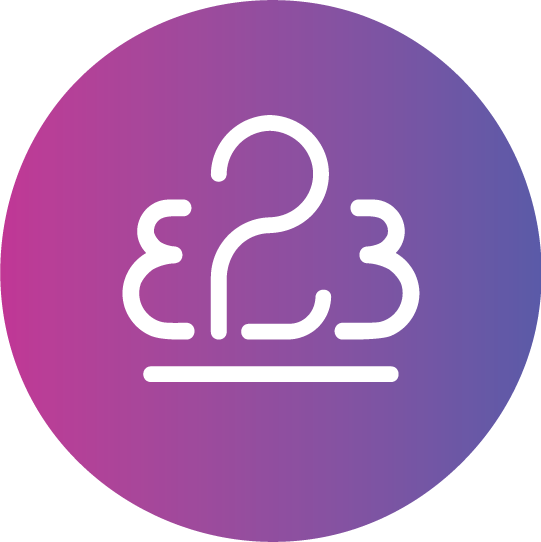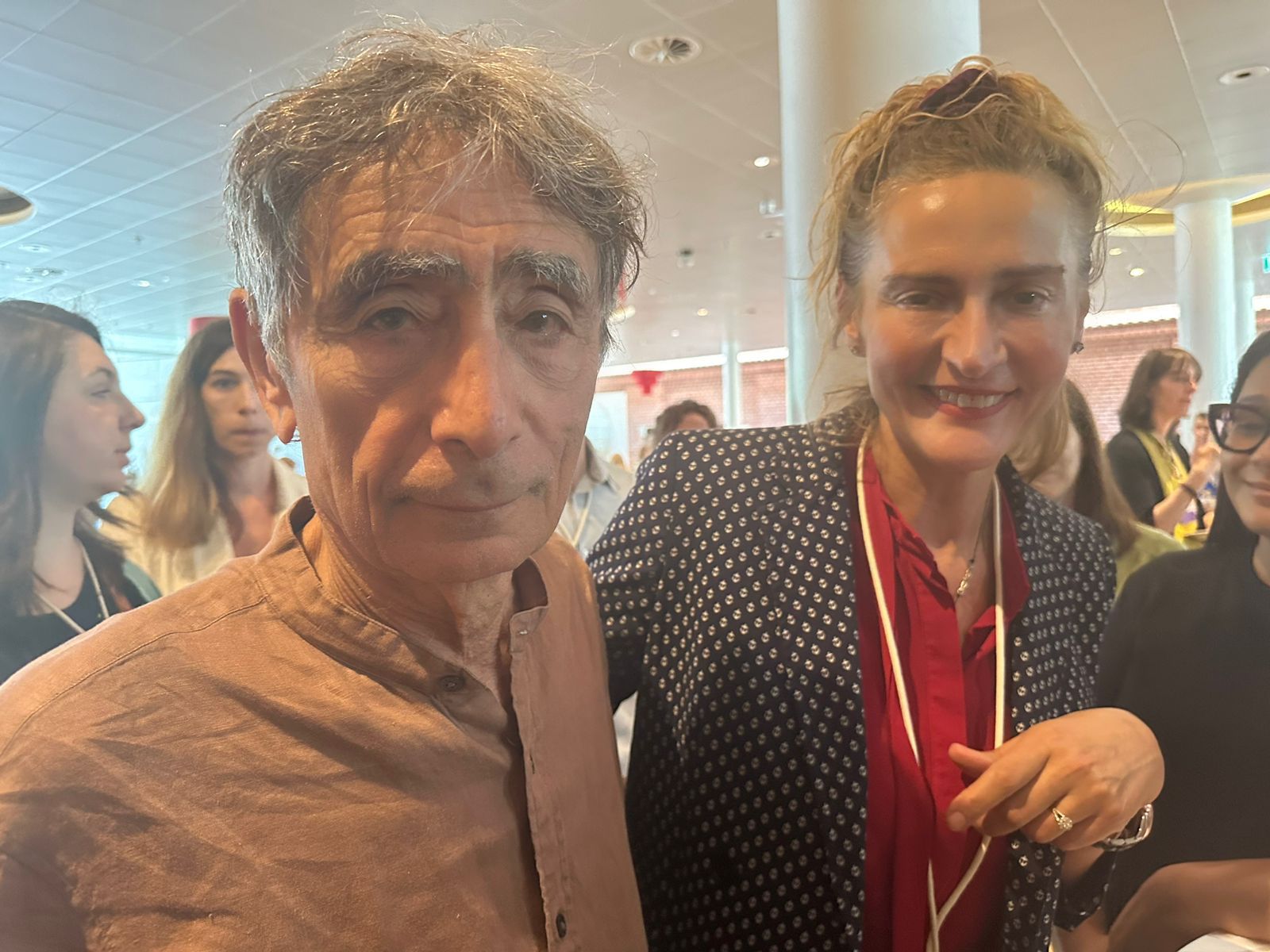
As a somatic and leadership coach, I always find immense value in continuous education and engaging in professional gatherings.
Recently, I had the privilege of attending the 2024 PVI International Gathering in Potsdam, Germany. The event, titled “Polyvagal Theory and the Modern Family,” was an enriching experience, bringing together some of the most renowned experts in the field, including Steven Porges, his wife Sue Carter, Deb Dana, Gabor Mate, Tayseer Hassoon, who due to his Syrian story filled the room with profound emotions and many others.
The organization and venue of the event were impeccable, creating an atmosphere that helped learning and connection. Each presentation was a testament to the dedication and expertise of the speakers.
After Oxford, once again I had the opportunity to listen to Steven Porges. His clear message was that we have to be safe enough to be who we are. We are afraid of failure, so we learn how to exist and predict and thus we think that we completely eliminate the possibility of failure.
Dr. Porges and Anthony Gorry discussed “Polyvagal Music: Rhythmic Healing” and how music can be composed to positively influence the autonomic nervous system. It was really fascinating and enlightening to witness that once again.
One of the standout moments was also Sue Carter’s presentation, “The Healing Power of Love.” Her insights highlighted the profound impact of love and connection on our wellbeing, emphasizing how these elements are foundational to healing.
Tayseer Hassoon’s talk, “Navigating Collective Trauma through the Lens of Polyvagal Theory: A Syrian Tale,” was particularly moving and I am so happy I was in the audience that day. He was sharing his story in an honest and remarkable way and the room was filled with emotions. Some things seem so far but actually we never know what can happen to us.
There were also opportunities to experience polyvagal principles through collective Embodiment Practice sessions featuring experiential felt-sense focusing, psychological safety support, and co-regulation. Jan Winhall was an incredible guide through this.
And finally, something very special. And someone very special. Gabor Maté. He captivated me with his clarity and simplicity and his words resonated with me a lot. His insights into the relationship between emotions and health were so profound and direct. He emphasized that suppressing emotions to appear “good” can actually compromise our immune system, putting it in survival mode. Maté also highlighted the delicate balance between individuality and connection, pointing out that both extremes—too much individuality with too little compassion or too much connection with too little individuality—can lead to problems. The key, he suggested, is finding a harmonious balance.
Maté’s statement that we often become physically ill when we try to live up to others’ expectations while neglecting our own needs serves as a powerful reminder for all of us. It is a reminder to honor our own needs and emotions as a cornerstone of our health and well-being.
The opportunity to be among these amazing leaders and hear their perspectives was precious and overwhelming, filled with knowledge, inspiration and a renewed sense of purpose in my work as a coach.
Finally, I would like to thank the organizers, speakers and participants from across the globe who made this a memorable and transformative experience.












